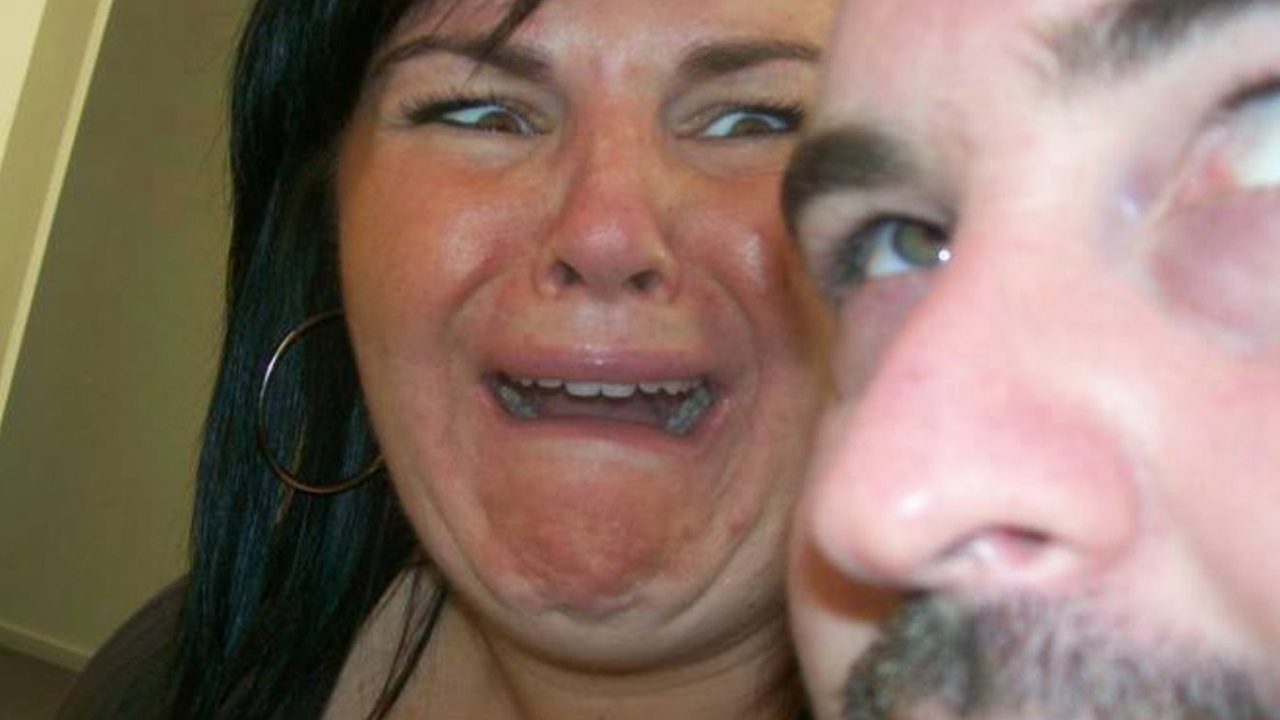How I show up in friendships.
Jun 24, 2021

Hi!  I'm Kristy, and I'm TERRIBLE at being a friend in the neuronormative sense.
I'm Kristy, and I'm TERRIBLE at being a friend in the neuronormative sense.
I take months to respond to messages in my inbox, if ever.
Sometimes I say things that come across as blunt, forceful, offensive and/or rude.
I say No (a lot) to outings, catch-ups and people coming over.
I change my mind, forget things and wouldn't have a clue around important dates like birthdays and anniversaries.
My brain actively scans for threat in relationships and connections with others so having close friendships can be difficult and I tend to be on the periphery where my PDA brain feels safe.
I have to consistently and consciously work through every interaction I have and sometimes when people use sarcasm or throw in a joke that I don't understand, I unwillingly create distance.
I require a lot of downtime, solo time, alone time.
I am also extremely protective, loyal, honest and generous.
I am hard to shock or annoy.
My closest mates are autistic and we've had many uncomfortable moments, frozen moments, mute moments and months apart without speaking.
But over the years, as we've come to understand our own autistic selves; we've come to understand one another better.
We understand that after a good day together, we burn each other out and need time and space apart.
And it isn't personal.
We give each other social hangovers.
Sometimes we cry over something the other person has said, but we learn that we can come back from hearing No or having people disagree with us.
We know we can ask for clarification around almost anything, we can say and do neuronormatively socially "inappropriate" things and it's normal for us as autistic people.
We get to infodump and laugh hysterically.
We don't feel forced into foregoing our personal boundaries around our own bodies like hugging, or kissing, as we've often been taught to do with family and friends.
We can let go of greetings and formalities.
We don't pretend and we don't mask.
My friendships with other autistic people has been the catalyst in my ability to be patient, understanding and kind.
Where I've been immersed in autistic culture, I've been accepted and understood and experiencing the beautiful freedom of being myself amongst my neurokin has allowed me to be a better friend.
If a professional has recommended you place your autistic child with their non-autistic peers in order to learn social skills, I want you to know that this is ableist and discriminating.
When our children are surrounded by their non-autistic peers only, they are othered.
Their differences are highlighted; rarely in a positive way.
We need, we crave, we thrive in autistic spaces.
We need to know and learn and be immersed in our culture by birthright: Autistic culture.
We need a safe and nurturing social environment to explore our identity: Autistic identity.
We need our normal: Autistic normal.
Autistic culture is how I met my husband, and how our beautiful children were gifted to us; our completely autistic family unit.
Social disorder? No.
Autistic culture.
- KF